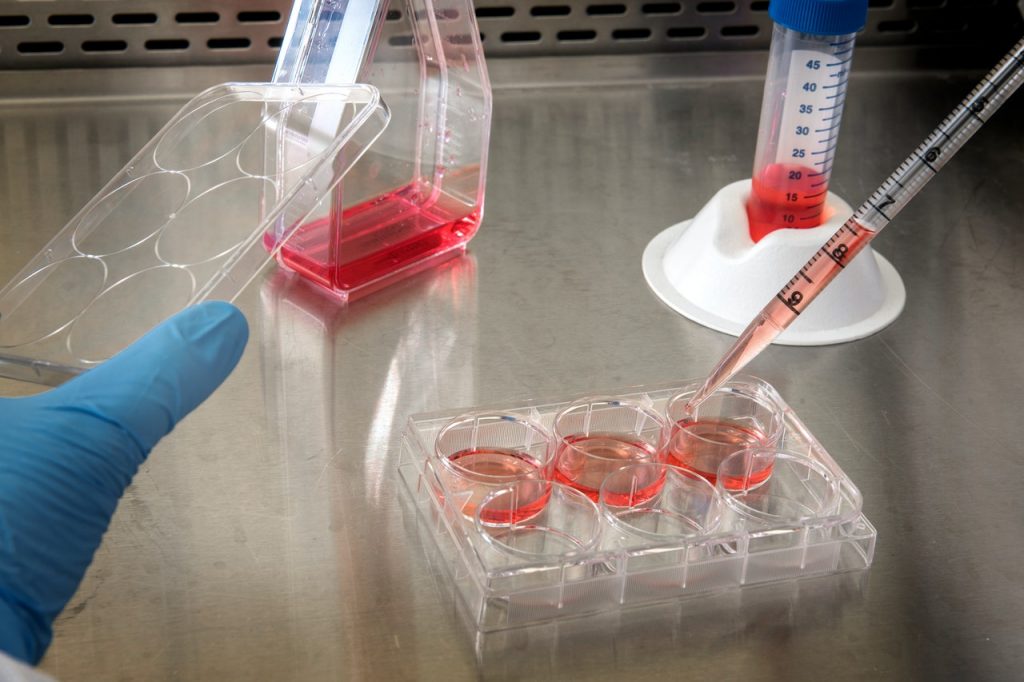

One of the most important challenges at the health level is to improve the availability of screening in primary care of the breast cancer, and have a supply of equipment in depressed regions of our country, being our proposal to use the wearable microwave imaging cancer detection system, a solution that would help the early detection of breast cancer, in this way would contribute to our health system being more efficient, timely, quality, interconnected and people-centered. In this new stage of the project we wish to complement our MABIS prototype, a telemedicine system that allows centralized reading through web tools and that allows uploading the results to the cloud and generate a database of positive cases, so that the necessary actions for confirmation are implemented diagnosis in a timely, decentralized and safe manner through health professionals.
It would contribute to our health system being more efficient, timely, quality, interconnected and people-centered.
This strategy added to an oncology services organization for treatment and palliative care will help reduce mortality from this disease nationwide. A second result is that our MABIS prototype can reach technological maturity, this aspect being preponderant to obtain a value-added product, the prototype must have the capabilities of high precision tumor detection and easy handling operation. Being necessary to reduce the costs of the prototype components, for this we propose to develop our own technology, both in the part the development of a mini VNA – with software defined instrument technology, and the development of a matrix of RF switching based on CMOS technology, being necessary to achieve this objective, have equipment adequate to be able to measure the responses obtained and desired, therefore the proposal presents the acquisition of a VNA with pulse modulation and demodulation capabilities, which is required in design, fabrication, and validation of radar-based systems.
Principal Investigator:
Co-Investigators: